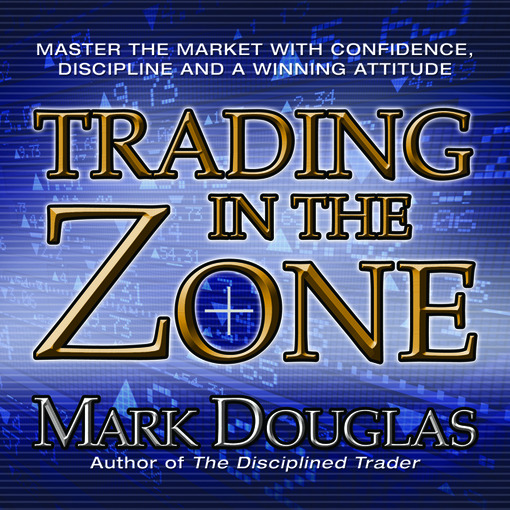 1.) When it comes to trading, it turns out that the skills we learn to earn high marks in school, advance our careers and create relationships with other people, turn out to be inappropriate for trading. Traders must learn to think in terms of probabilities and surrender all of the skills acquired to achieve in virtually every other aspect of life.
1.) When it comes to trading, it turns out that the skills we learn to earn high marks in school, advance our careers and create relationships with other people, turn out to be inappropriate for trading. Traders must learn to think in terms of probabilities and surrender all of the skills acquired to achieve in virtually every other aspect of life.
2.) Within 9 months of moving to Chicago, I had lost nearly everything I owned. My losses were the result of both my trading activities and my exorbitant lifestyle, which demanded that I make a lot of money as a trader.
3.) You don’t need to know what’s going to happen next to make money. Anything can happen. Every moment is unique, meaning every edge and outcome is truly a unique experience. The trade either works or it doesn’t.
4.) More or better market analysis is not the solution to his trading difficulties or lack of consistent results. It is attitude and “state of mind” that determine his results. A winner’s mindset means learning how to think in probabilities.
5.) The edge means there’s a higher probability of one outcome than another. The greater your confidence, the easier it will be to execute your trades.
6.) Do you ever feel compelled to make a trade because you are afraid that you might miss out?

